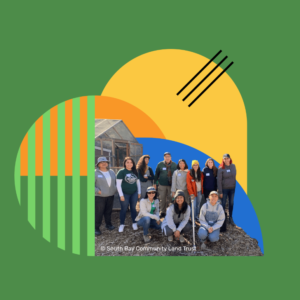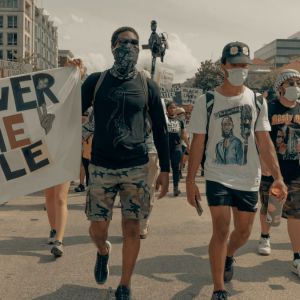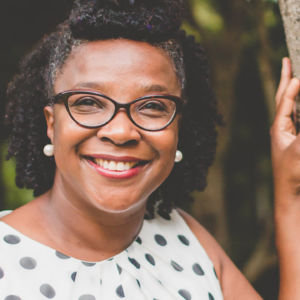New report shares insights from three years of partnership for housing justice
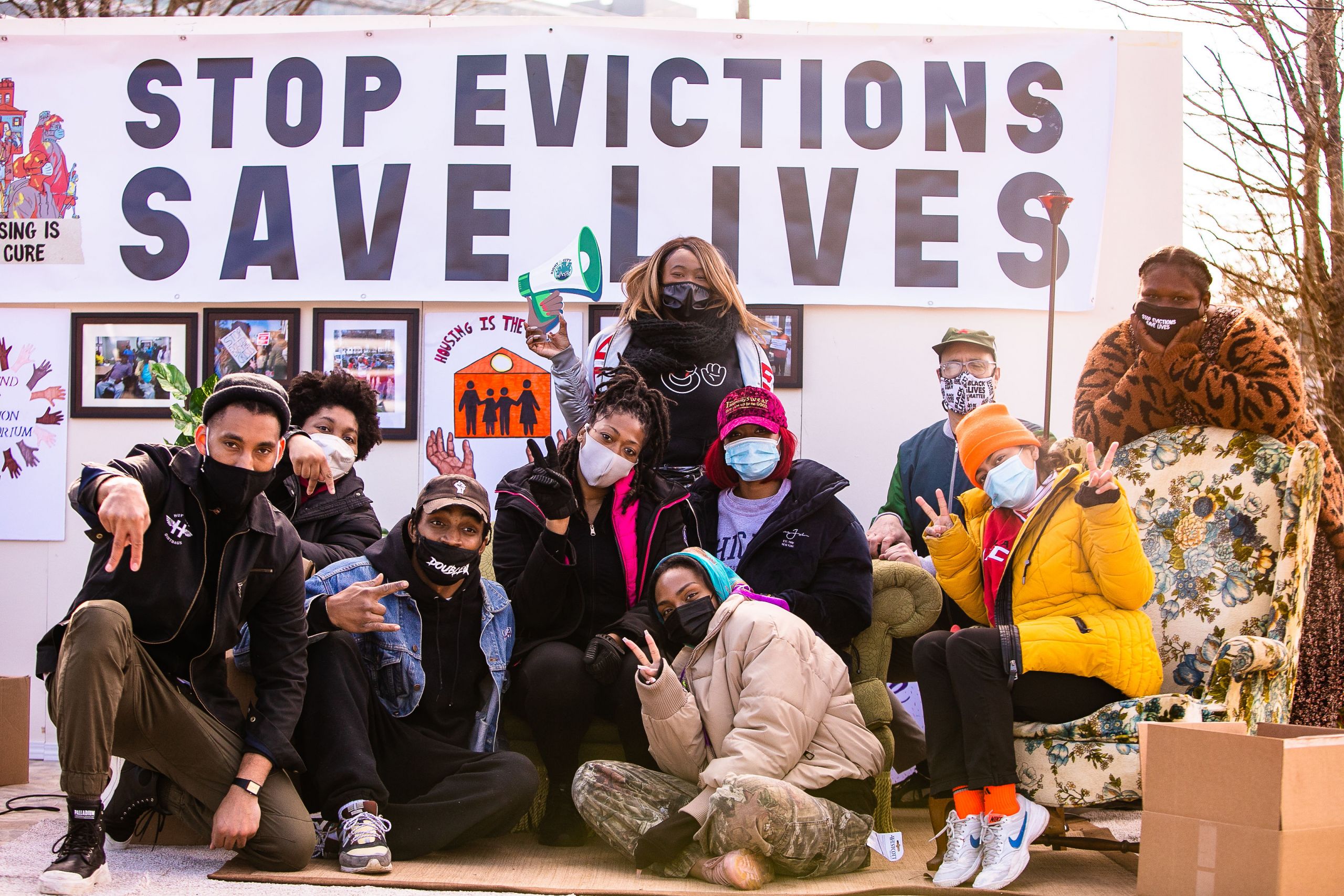
When the reality of the pandemic came into focus in March 2020, our team called an emergency meeting.
We did not know the path forward, but we knew we could not wait for firm answers or perfect strategies to start taking action.
In times of crisis, the muscle memory of our routines serve us. For the Fund for an Inclusive California, that routine is acting from a place of deeply-rooted values and practices, listening to our partners in social movements and having the agility to do what is demanded of us in the moment.
We know that communities that have been the target of historic divestment and racist policies are the same ones hit hardest by the pandemic and its aftermath. The COVID-19 pandemic made visible and exacerbated the existing housing crisis in California.
As eviction moratoriums begin to expire, we will be faced with a wave of evictions and foreclosures unless bold action is taken. This is a moment of reckoning for philanthropy to set aside our notions of charity and ties to pre-set outcomes and act from a place of trust and solidarity, with a commitment to racial justice and transformative change.
We must support organizations who are accountable to their communities and that are holding elected officials accountable. We must double down on our efforts to support community-driven solutions that will work for communities to not only survive this pandemic but for a recovery that is just, reimagines systems and builds an equitable future where communities thrive.
The Fund for an Inclusive California focuses on investing in the leadership of communities directly affected by unjust and racist housing policies, so that they may harness their individual and collective power to ensure that all people regardless of income have a safe, healthy, affordable and stable place to call home.
Their vision is to shift the current paradigm of housing as an extractive tool for investment in the financial market to housing recognized as a basic human need and human right. It is a vision where communities are stewards of the land they live on and determine how that land is used, not for profit, but for the well-being of the people that live there. It is envisioning a future where people of color, particularly Black and Indigenous people most harmed by systemic racism, can live and thrive in California. Our work is to align and mobilize resources to support this vision.
Over the last three years we have developed deep relationships and learned immeasurably from and with our organizing and funding partners. Through this work we have experienced humility in listening and knowing that our role in philanthropy is to show up as a partner, organize resources, to lift community voices and amplify the vision and demands of grassroots power-building organizations.
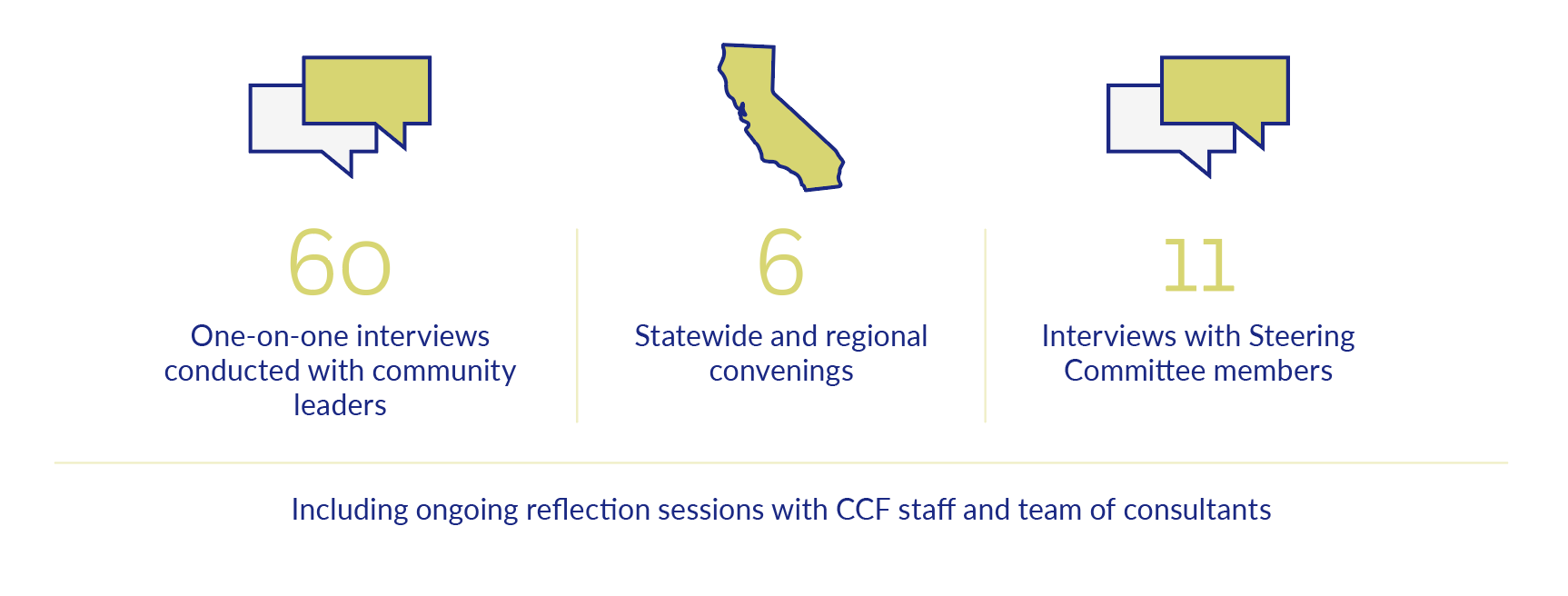
As more foundations step into supporting systems change and power-building strategies, it is imperative that as a sector we do our own work to shift power to communities, and continue to dismantle harmful philanthropic practices that perpetuate injustice. The recent influx of funder interest in power-building should not come with a boom of top-down philanthropic solutions that distract from the voices and priorities of people who are most impacted.
In this reflection report, we hope to share the insights we have gained through our partnerships and practice over the last three years. It marks the beginning of our journey as we move into the next phase of work, continuing our practices of elevating the leadership, strategies and solutions put forth by communities who bear the brunt of unjust housing policies.

This is a historic moment that calls for us to take bold action, leverage our resources towards systems change and invest to win. After all, we have a mandate from communities we partner with to use all points of leverage that we have in philanthropy to pursue transformative approaches that will achieve housing for all in California.
We are excited to join growing efforts that reimagine a world in which all communities, particularly those who have historically faced racism and discrimination, have the power to lead and experience joy, justice, equity and well-being in neighborhoods where they have access to an affordable, safe and stable place to call home.
In community and solidarity,
Jazmin Segura
Director, Fund for an Inclusive California


